Shakespeare: The Riddle of Genius
Book
Shakespeare is the true British icon - he is still the most performed, the most translated, the most...

An Unrestored Woman: And Other Stories
Book
In An Unrestored Woman, the partition of India and Pakistan in 1947 cuts a jagged path through the...

The Curiosities
Book
The Curiosities is the eleventh book of poems from this most inventive and celebrated of British...
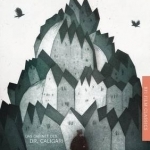
Das Cabinet des Dr. Caligari
Book
With its jagged, stylised sets, menacing shadows and themes of murder, madness and delirium, Das...
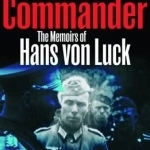
Panzer Commander: The Memoirs of Hans von Luck
Hans von Luck and Regina von Luck
Book
Panzer Commander is one of the classic memoirs of the Second World War. A professional soldier, Hans...

Animal: An Autobiography of the Female Body
Book
Sara is a comedian who has talked and joked about female sexuality, psychology and the media's...
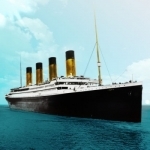
Titanic: The Unsinkable
Games and Navigation
App
Try to avoid the sinking of the RMS Titanic during her maiden voyage in 1912. Experience the...
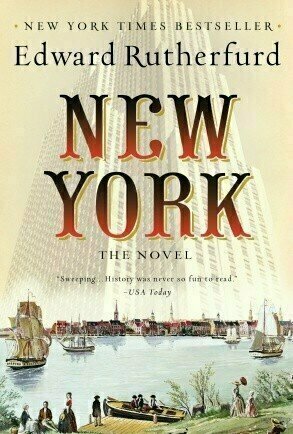
New York
Book
Edward Rutherfurd celebrates America’s greatest city in a rich, engrossing saga, weaving together...
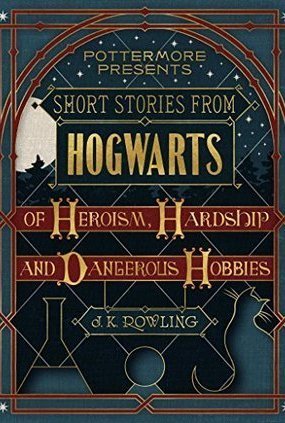
Short Stories from Hogwarts of Heroism, Hardship and Dangerous Hobbies (Pottermore Presents, #1)
Book
‘Minerva was the Roman goddess of warriors and wisdom. William McGonagall is celebrated as the...

